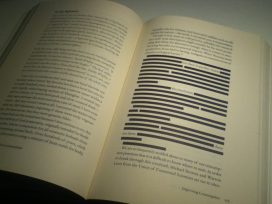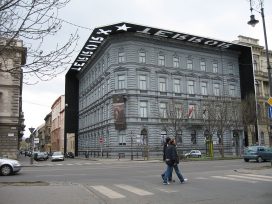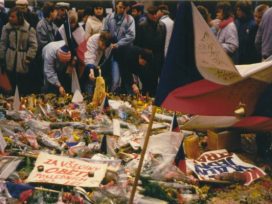
“It is an unnatural but positive development when democracy trains people to believe that, overall, it is better to let the bastard speak.” Former Solidarity activist and journalist Konstanty Gebert talks to Irena Maryniak about censorship post-’89 and anti-Semitism in Poland today.


